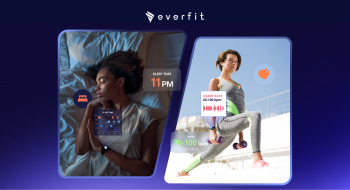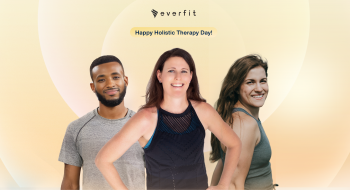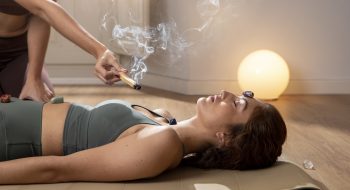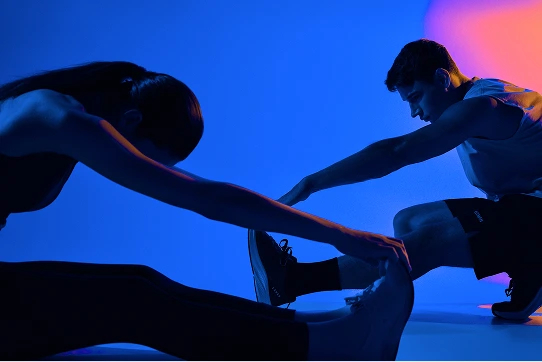When it comes to client results, most coaches focus on two key pillars: training and nutrition. But there’s a third pillar that often gets overlooked—sleep. And if your clients are not sleeping well, they’re likely undermining all the work they’re doing in the gym and in the kitchen.
Here’s the science-backed truth: Sleep is not just rest—it’s where the magic of recovery, adaptation, and progress actually happens.

The Science of Sleep: What Every Coach Should Know
To help your clients perform and recover better, you need to understand what’s really happening when they sleep—and how each stage of sleep directly impacts their results.
What is Sleep, Really?
Sleep is a complex biological process, not just “time off.” It’s a critical window for physiological repair, hormonal regulation, brain processing, and immune recovery.
Sleep occurs in cycles, and each cycle is made up of two major phases:
- NREM (Non-Rapid Eye Movement) Sleep
- REM (Rapid Eye Movement) Sleep
Both play unique and essential roles in physical and mental performance.
Stage by Stage: What Happens During Sleep—and Why It Matters for Your Clients
Stage 1 (Light Sleep – NREM)
- Transition between wakefulness and sleep
- Muscles start to relax, and brain activity slows
➡ This stage sets the foundation but is not where the deep recovery happens.
Stage 2 (Deeper Light Sleep – NREM)
- Body temperature drops, heart rate slows
- Memory consolidation and nervous system regulation begin
➡ Important for nervous system recovery, which supports movement coordination and reaction time.
Stage 3 (Deep Sleep – NREM)
- The most physically restorative stage
- Growth hormone is released
- Muscle repair, tissue rebuilding, and immune strengthening take place
➡ This is where clients truly recover from their workouts—muscle adaptation is compromised without deep sleep.
REM Sleep
- The brain becomes active again, while the body remains still
- Supports motor learning, cognitive processing, and emotional regulation ➡ REM sleep helps clients consolidate movement patterns and recover mentally. Think: better form, sharper focus, less burnout.
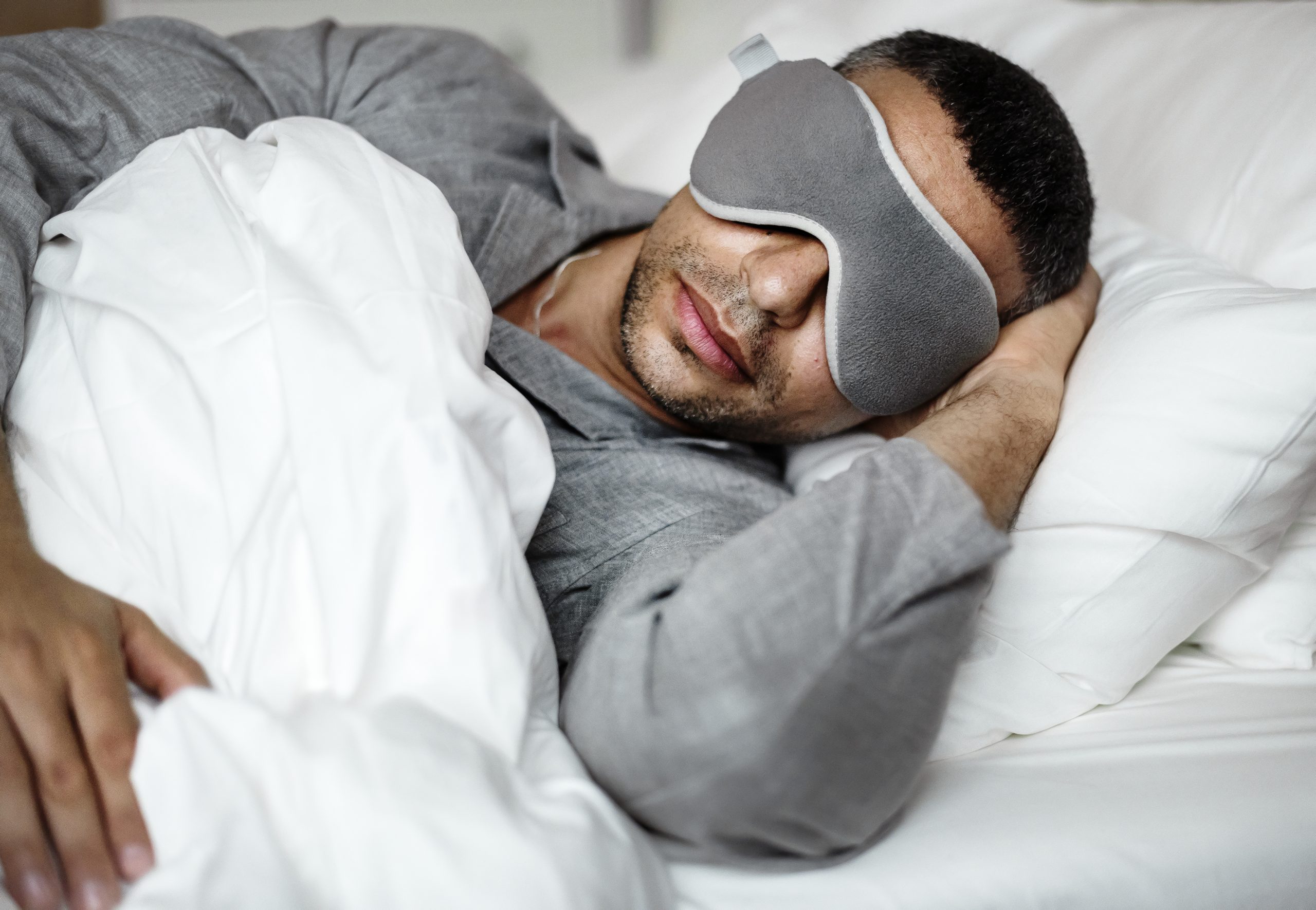
How Poor Sleep Impacts Client Performance
When your clients aren’t getting enough sleep—especially deep or REM sleep—here’s what happens:
- Slower recovery from training
- Reduced strength, power, and endurance
- Impaired coordination and motor skills
- Increased perceived exertion
- Higher risk of injury
- Elevated cortisol, stalled fat loss, and hormonal imbalances
Even if they’re following the perfect training program, a lack of sleep could mean plateaus instead of progress.
Sleep Coaching: The Missing Link in Client Success
As a coach, you have the opportunity to educate and guide your clients on sleep just like you do with workouts and macros. And the best part? Sleep habits are coachable and trackable—just like everything else.
Here’s how to turn sleep science into strategy:
1. Coach Consistent Sleep-Wake Routines
- Encourage clients to go to bed and wake up at the same time daily
- Reinforces their circadian rhythm and improves overall sleep quality
- Irregular sleep disrupts recovery and leaves them feeling sluggish—even with long sleep durations
💡 Use Everfit’s habit coaching feature to assign bedtime and wake time habit.
2. Optimize Their Sleep Environment (Sleep Hygiene)
- Keep bedrooms cool (60–67°F / 15–19°C)
- Minimize light exposure in the evening
- Eliminate noise or use white noise
- Keep screens out of the bedroom or use blue-light filters
💡 Assign a “sleep prep” habit checklist to help clients stick to routines.
3. Coach Smart Nutrition for Better Sleep
- Limit caffeine after 2 PM
- Reduce alcohol intake
- Include magnesium-rich foods (leafy greens, nuts) and tryptophan sources (turkey, oats, dairy)
- Avoid heavy or high-carb meals too close to bedtime
💡 Include sleep-supportive tips in your meal guidance and check-ins.
4. Support Stress Management Before Bed
High stress = High cortisol = Poor sleep. Help clients create calming rituals:
- Breathwork (Box breathing or 4-7-8 method)
- Journaling or gratitude practice
- Guided meditation or soft music
💡 Assign a pre-bed wind-down habit in Everfit to build consistency.
5. Help Clients Time Movement Right
- Exercise supports better sleep, but intensity and timing matter
- Strength training has been shown to improve sleep more than cardio
- Avoid intense workouts late at night; opt for yoga or mobility work in the evening
💡 Track training times and sleep patterns side-by-side for deeper insights.
Common Sleep Killers You Should Help Clients Avoid
- Irregular sleep schedules (especially weekend “sleep-ins”)
- Screen time right before bed
- Overreliance on sleep supplements
- Late-day caffeine or alcohol
- Too many naps or naps too late in the day
Many clients have no idea these habits are affecting their recovery—your job is to help them connect the dots.
Track Sleep Like You Track Workouts—with Everfit
Sleep is now easier than ever to coach and track. In Everfit, you can:
- Assign sleep habits and routines
- Track bedtime/wake time data
- Integrate third-party sleep trackers
- Monitor progress alongside workouts, nutrition, and other lifestyle habits
When sleep becomes part of your coaching framework, your clients see better results—and your coaching impact multiplies.
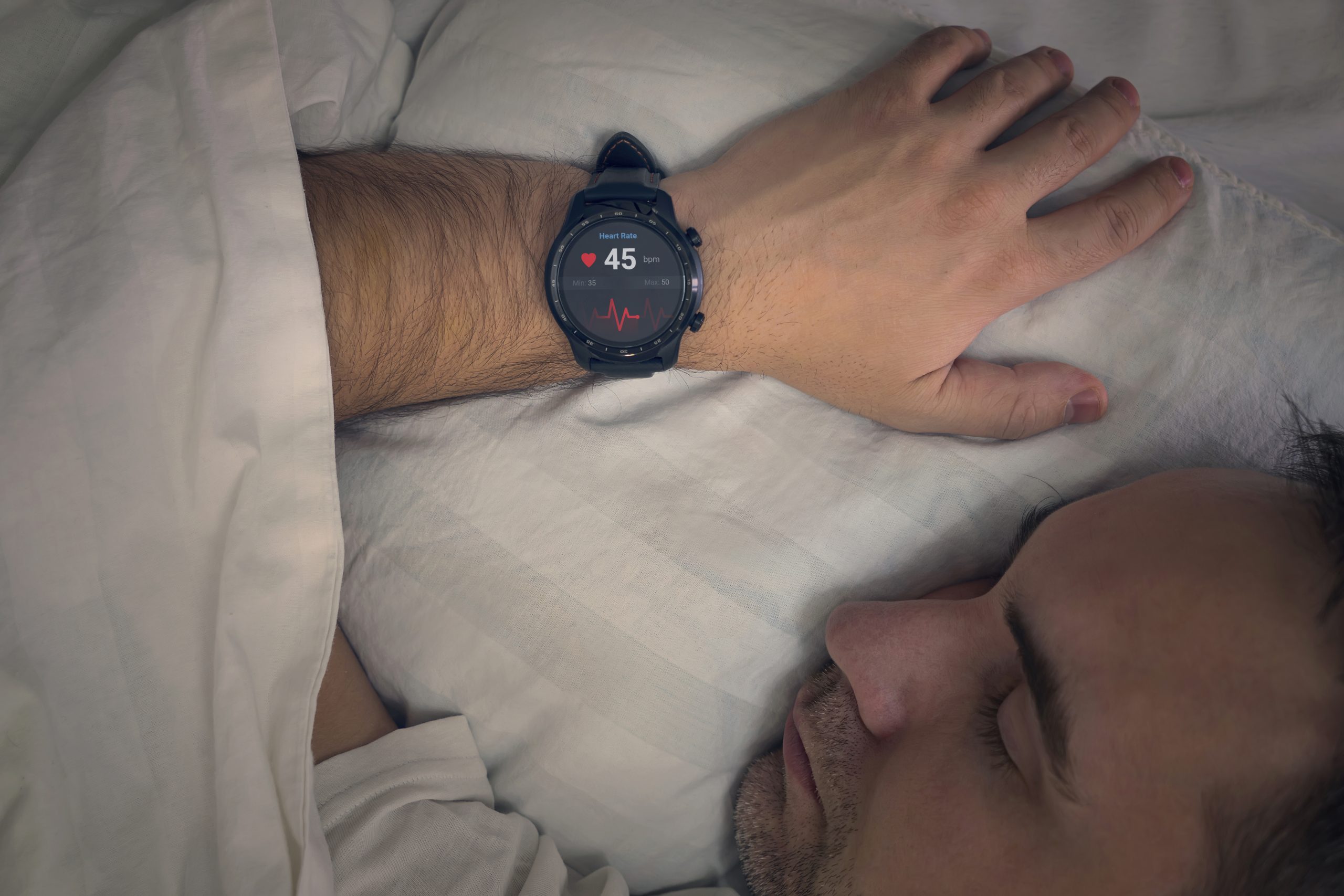
Final Takeaway: Sleep Is a Performance Lever
Sleep isn’t just recovery—it’s the bridge between effort and results. As a coach, you have the tools to help your clients take their recovery seriously and get more from every rep, set, and meal.
Start by coaching one new sleep habit this week. Track it. Measure the impact. And help your clients sleep their way to better performance.






